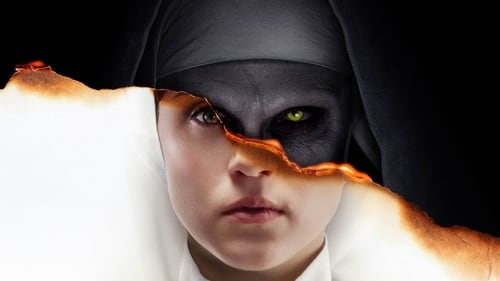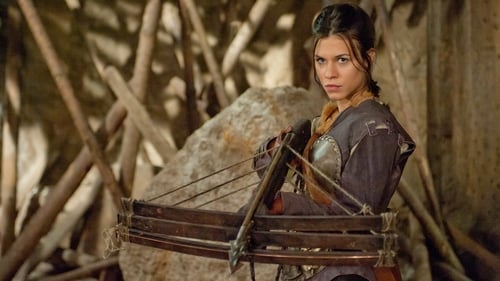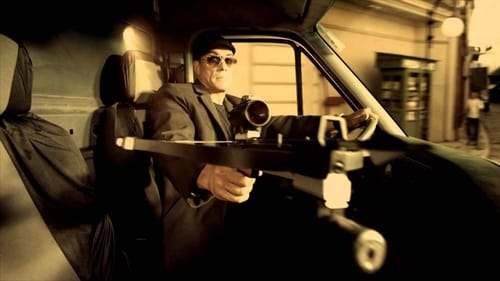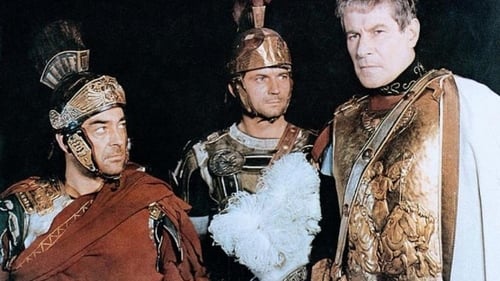
Electrician
루마니아의 젊은 수녀가 자살하는 사건을 의뢰 받아 바티칸에서 파견된 버크 신부와 아이린 수녀가 수녀원을 조사하면서 충격적인 악령의 실체와 만나게 되는 이야기를 그린다.

Electrician
지역의 의사인 다니엘(스티븐 레아)은 늑대인간의 짓으로 여겨지는 끔찍한 결과들을 목격한다. 야수에 관한 무시무시한 소문은 현상금 사냥꾼과 스릴을 즐기는 젊은이들, 그리고 사기꾼들까지 이 작은 마을로 불러들인다. 그리고 다니엘 또한 이 인정사정 없는 포식자를 죽이기를 꿈꾼다. 어느 날, 한 정체불명의 이방인과 뛰어난 현상금 사냥꾼 팀이 이 늑대인간을 쫓기 위해 나타나자 다니엘은 어머니의 반대에도 불구하고 이 팀에 합류하게 된다. 그러나 곧 이 괴물은 그들이 그 동안 봐왔던 그 어떠한 것들 보다 훨씬 강하고, 영리하고, 더 위험하다는 것이 명확해지기 시작한다. 사상자 수는 점점 늘어 가고 마을 주민들은 자기 이웃들이 날뛰는 괴물들로 변해가는 것을 보면서 마을 사람들은 늑대인간의 실체를 찾기 위해 서로에게까지 무기를 들게 되는데…

Electrician
삼엄한 경비 속에 대저택에서 열리는 결혼식 피로연에서 신부의 아버지이자 암흑가 조직의 보스가 살해된다. 범인은 최고의 킬러로 통하는 브라질. 피도 눈물도 감정도 모두 메말라 버린 그는 킬러 중의 킬러다. 한편 악명 높은 암흑가 보스 폴로의 조직으로 잠입했다가 폴로를 검거하는데 공훈을 세운 플린트는 그들의 보복으로 살해되기 직전 탈출에 성공하지만 아내가 식물인간이 되고만다. 인터폴의 검은 돈을 가지고 종적을 감춘 플린트는 우크라이나의 깊은 산에서 아내와 함께 은둔하고 있다. 인터폴에서는 그를 찾아내 자금을 되찾기 위해 혈안이 되고, 플린트는 폴로에게 복수하기 위해 그의 목숨을 노린다. 한편 브라질 또한 폴로를 제거하라는 새로운 임무를 받고 계획을 세운다. 한날 한시에 폴로를 동시에 노린 브라질과 플린트. 그러나 브라질 총에 폴로의 동생이 대신 맞아 숨을 거두고, 폴로는 살아남는다. 동생을 죽인 킬러에게 복수하려는 폴로는 “평생 기소 면제권”을 주겠다는 인터폴과 손을 잡고, 플린트와 빈센트를 동시에 잡으려는 계획을 세운다. 서로의 타겟이 동일인인 폴로라는 것을 알게 된 플린트와 브라질도 서로 연맹을 맺기로 하는데…

Production Design
In New Year's Eve, Dan, a pilot, picks up a stranded woman at the airport and they head together to his cabin, where they will meet unexpectedly his ex and her new partner.

Production Design
In the Free Theater (Teatrul Liber) of Bucharest, the actors and crew prepare a new show, with the play "Disguise" ("Travesti"). After the opening night, which is only partly successful, they reach the conclusion that, along the years, they came to the mistake of also disguising this true feelings, becoming hypocrites, and this has a negative effect to their stage performances too.

Production Design
During the 18th century when Moldavian Prince Dimitrie Cantemir writes The History of the Rise and Fall of the Ottoman Empire the manuscript is stolen and offered to the highest bidder.

A harsh colonel of paratroopers neglects his family after falling in love with a chess player, the sister of one of his paratroopers that got injured because of the jumping punishment given by him.

Production Design
The story of a love triangle, in which a romanian and a hungarian love the same woman. Happening during WWII, the two hate each other. The movie was banned shortly after the release.

Production Design
The end of Trajan's Dacian Wars (106 AD), when south western Dacia was transformed into a Roman province: Roman Dacia.

Production Design
The great King of Dacia, Decebal (Decebalus), is disposed to make the ultimate sacrifice in order to keep the integrity of his people. His own son, Cotyso, is given to the god Zamolxis to the dismay of the King and his daughter Meda. Septimius Severus a young roman devoted to his adopted country, must make the choose between his blood origins and the culture he was raised to

Production Design
Matei recollects events of the year 1944 in order to prove the innocence of a friend.
Based on "Șoseaua Nordului" (Northern Highway) novel by Eugen Barbu.

Production Design
When he tries to arrest a suspect, a police captain find him dead. Investigation will uncover a counterfeiting ring.

Production Design

Production Design
A psychological movie about the life of three sisters in a Romanian village.

Production Design

Production Design
Geared more for the home crowd with a good knowledge of their own history, this Romanian political comedy takes place at the turn of the 20th century, when two opposing factions are going at each other tooth and nail to win an election. One candidate is a staunch if not deluded conservative and the other is a radical liberal. Anticipating modern election campaigns by a good half a century, the two candidates decide that the best way to win is to sling as much mud as possible. Lacking the Internet and fifteen-second TV spots, they do the best they can -- they send each other virulent telegrams denouncing each other's personal failings.

Production Design
Rumania's entry in the 1958 Cannes Film Festival was the excessively melodramatic Ciulinii Bărăganului. The title translates as Fools of Bărăgan, in reference to a band of beleaguered feudal Rumanian peasants. But these are no fools: instead, they are fearless freedom fighters, organizing a brave (though foredoomed) revolt against the tyranny of the landowners. The parallels drawn between the people of Bărăgan and Russia's revolutionary leaders are all but impossible to miss. It would have been nice, however, if the story had not been told in such a heavy-handed, spell-it-all-out fashion.













